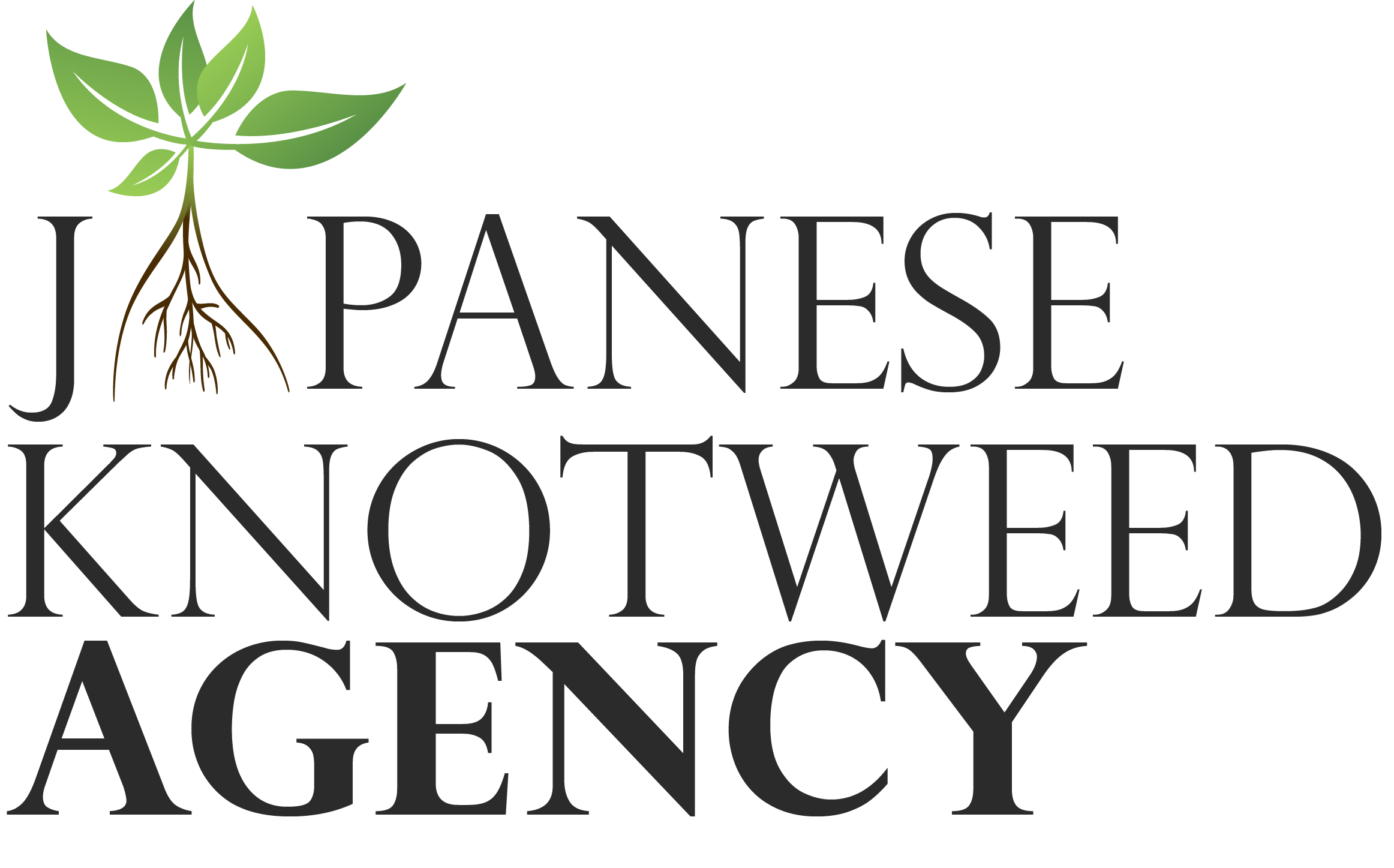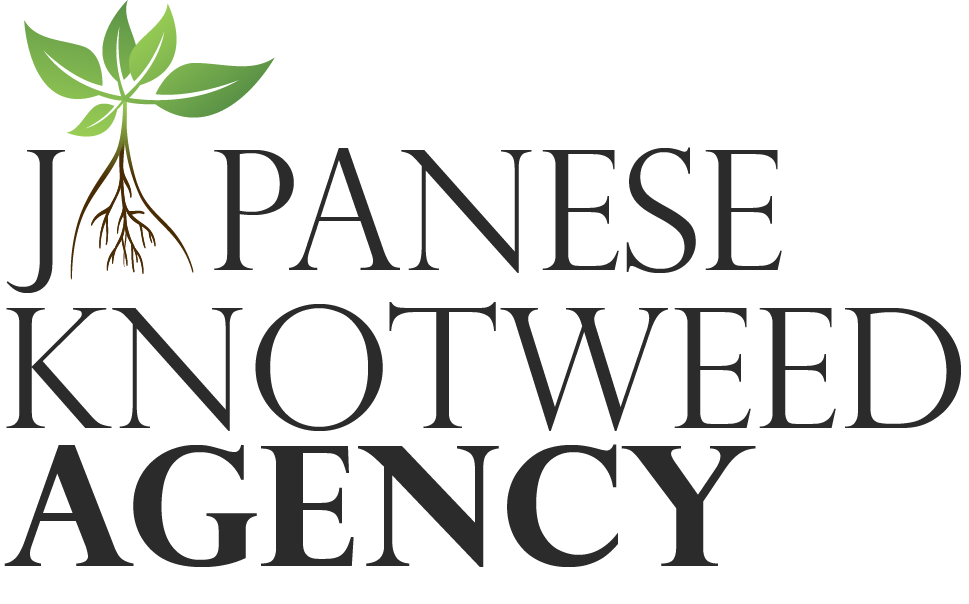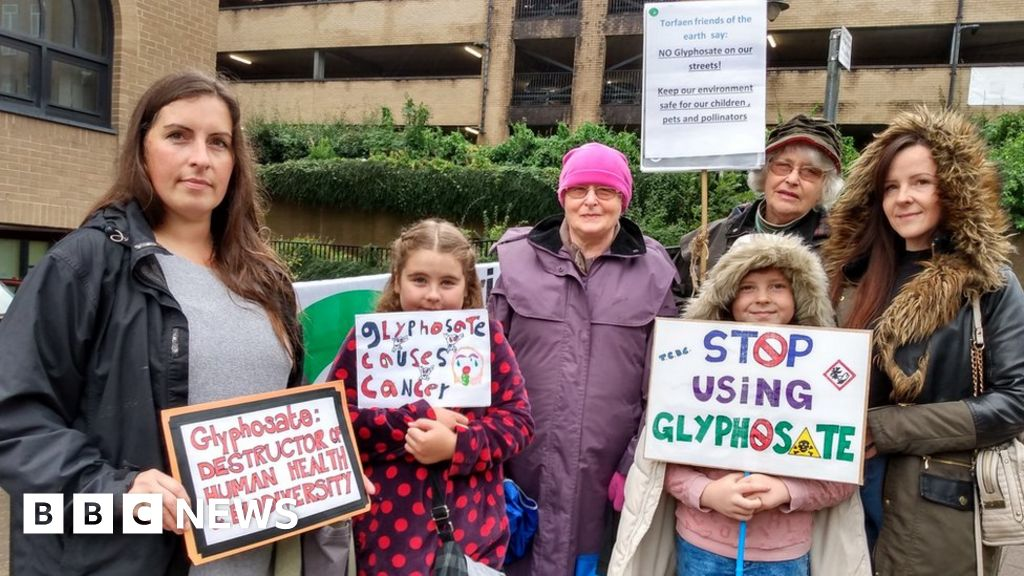Introduction: Brighton and Hove, known for its vibrant cultural scene, picturesque coastline, and green spaces, is taking a bold step toward sustainability by banning the use of glyphosate. This decision is part of the city’s ongoing efforts to protect its residents and the environment. As the first city in the UK to make such a move, Brighton and Hove is leading the way in adopting safer, more sustainable practices for weed control. In this blog, we will explore the reasoning behind the ban, its benefits, and how thermo-electric treatment from the Japanese Knotweed Agency offers an eco-friendly solution for managing invasive species like Japanese Knotweed.
Why Brighton and Hove Banned Glyphosate:
Brighton and Hove’s decision to ban glyphosate reflects the growing concern over the health and environmental risks associated with this widely used herbicide. Here’s why the city has opted for a ban:
- Health and Safety Concerns: Glyphosate has been linked to potential health issues, including cancer, and is under increasing scrutiny from health organizations and the public. The ban aims to protect the health of Brighton and Hove residents, especially those who spend time in public parks, playgrounds, and other community spaces where glyphosate may have been used in the past.
- Environmental Protection: Glyphosate has been shown to have detrimental effects on local wildlife, including pollinators like bees. By banning this chemical, Brighton and Hove is working to preserve its natural environment and protect the biodiversity of its green spaces.
- Sustainability Goals: As a city with a strong commitment to sustainability, Brighton and Hove is aligning with broader national and global goals for reducing chemical usage and promoting environmental health. This ban reflects the city’s vision of becoming a greener, healthier place to live for future generations.
How the Ban Affects Brighton and Hove Residents:
The ban on glyphosate in Brighton and Hove brings both challenges and opportunities for local residents, businesses, and authorities. Let’s look at what the ban means for the community:
- Exploring Alternative Weed Control Methods: With glyphosate no longer an option, Brighton and Hove must turn to safer, chemical-free alternatives. This opens the door for innovative solutions like thermo-electric treatment from the Japanese Knotweed Agency, which uses heat to safely target invasive species like Japanese Knotweed without harming the surrounding environment.
- Healthier Public Spaces: By eliminating the use of glyphosate, Brighton and Hove’s public spaces, parks, and playgrounds will be free from harmful chemicals. This is especially important for families, children, and pet owners who frequent these areas.
- Educational Opportunities: The ban offers an opportunity for the city to educate its residents about the dangers of glyphosate and the benefits of eco-friendly alternatives. By working together, the community can adopt best practices for weed control that protect both public health and the environment.
How Thermo-Electric Treatment Offers an Effective Solution for Invasive Species:
With the glyphosate ban in place, managing invasive species like Japanese Knotweed becomes a top priority. Thermo-electric treatment, offered by the Japanese Knotweed Agency, provides an environmentally friendly solution for this challenge.
Here’s how thermo-electric treatment works and why it’s a great fit for Brighton and Hove:
- Chemical-Free and Eco-Friendly: Thermo-electric treatment uses heat to target and destroy the roots of invasive species, such as Japanese Knotweed, without the need for toxic chemicals. This ensures that the surrounding plants, wildlife, and soil remain unharmed.
- Highly Effective for Japanese Knotweed: Japanese Knotweed is one of the most problematic invasive plants in the UK, known for its rapid growth and ability to damage buildings and infrastructure. Thermo-electric treatment targets the plant at its root system, preventing regrowth and spread. This makes it a highly effective method for dealing with Knotweed in urban areas like Brighton and Hove.
- Preserving Biodiversity: Brighton and Hove is home to a diverse range of wildlife, and the city is committed to protecting this biodiversity. Unlike chemical herbicides, thermo-electric treatment doesn’t pose a threat to pollinators or other beneficial insects, making it a safer option for the city’s ecosystems.
- Long-Term Solutions: One of the key benefits of thermo-electric treatment is its long-lasting effects. By effectively eliminating the root system of invasive species, this method helps prevent the recurrence of the problem, ensuring that Brighton and Hove can enjoy healthy, thriving green spaces for years to come.
The Benefits of Thermo-Electric Treatment for Brighton and Hove:
As Brighton and Hove transitions to a more sustainable approach to weed control, thermo-electric treatment from the Japanese Knotweed Agency offers several key benefits:
- Protecting Property Values: Invasive species like Japanese Knotweed can drastically reduce property values. Thermo-electric treatment effectively removes Knotweed, helping to protect property values in the city. Homeowners and businesses can rest assured knowing that the city’s commitment to eco-friendly practices will also help preserve their investments.
- Sustainable Weed Control: The ban on glyphosate encourages Brighton and Hove residents to embrace sustainable practices for managing invasive species. Thermo-electric treatment aligns with these goals by providing a safe, long-term solution to weed control that doesn’t harm the environment.
- Creating a Safer, Healthier Environment: The removal of glyphosate and the adoption of alternative treatments like thermo-electric treatment contribute to a healthier, safer environment for all residents. Whether you’re visiting a local park, living in the city, or enjoying Brighton and Hove’s stunning coastline, the commitment to sustainable practices ensures that the community remains a great place to live and visit.
Conclusion:
Brighton and Hove’s decision to ban glyphosate is a major step toward creating a greener, healthier, and more sustainable city. By embracing innovative alternatives like thermo-electric treatment from the Japanese Knotweed Agency, the city is taking a proactive approach to managing invasive species such as Japanese Knotweed without relying on harmful chemicals.
If you’re in Brighton and Hove and dealing with invasive species like Japanese Knotweed, don’t wait for the problem to escalate. Contact the Japanese Knotweed Agency today for a free survey and to learn more about how our thermo-electric treatment can safely and effectively address your weed control needs.
Call to Action:
Ready to take control of your invasive species problem in Brighton and Hove? Contact the Japanese Knotweed Agency today to schedule your free survey and learn more about our thermo-electric treatment services. Let us help you keep your property safe and free from harmful weeds!
Stay tuned for more informative blog posts in this series!
Call to Action: Contact the Japanese Knotweed Agency today to learn more about our sustainable solutions for managing invasive plants and ensuring a healthier environment. We’re here to help you keep your garden and property safe from harmful species like Japanese Knotweed.
EMAIL US: contact@japaneseknotweedagency.co.uk
CALL US: Freephone 03335 777 888
EMAIL WEB FORM: https://japaneseknotweedagency.co.uk/contact-us/


